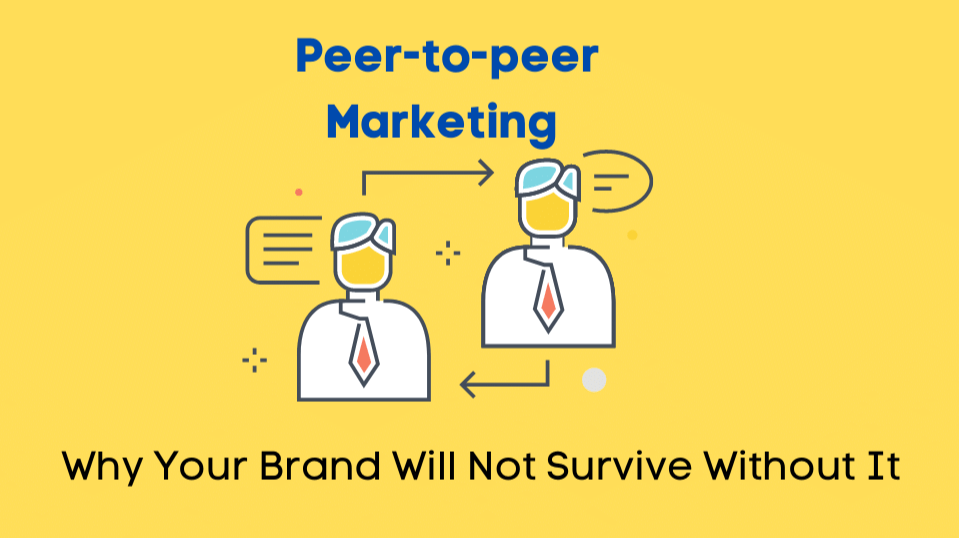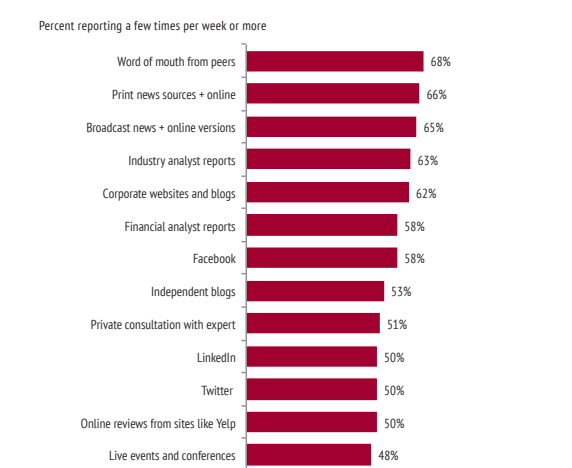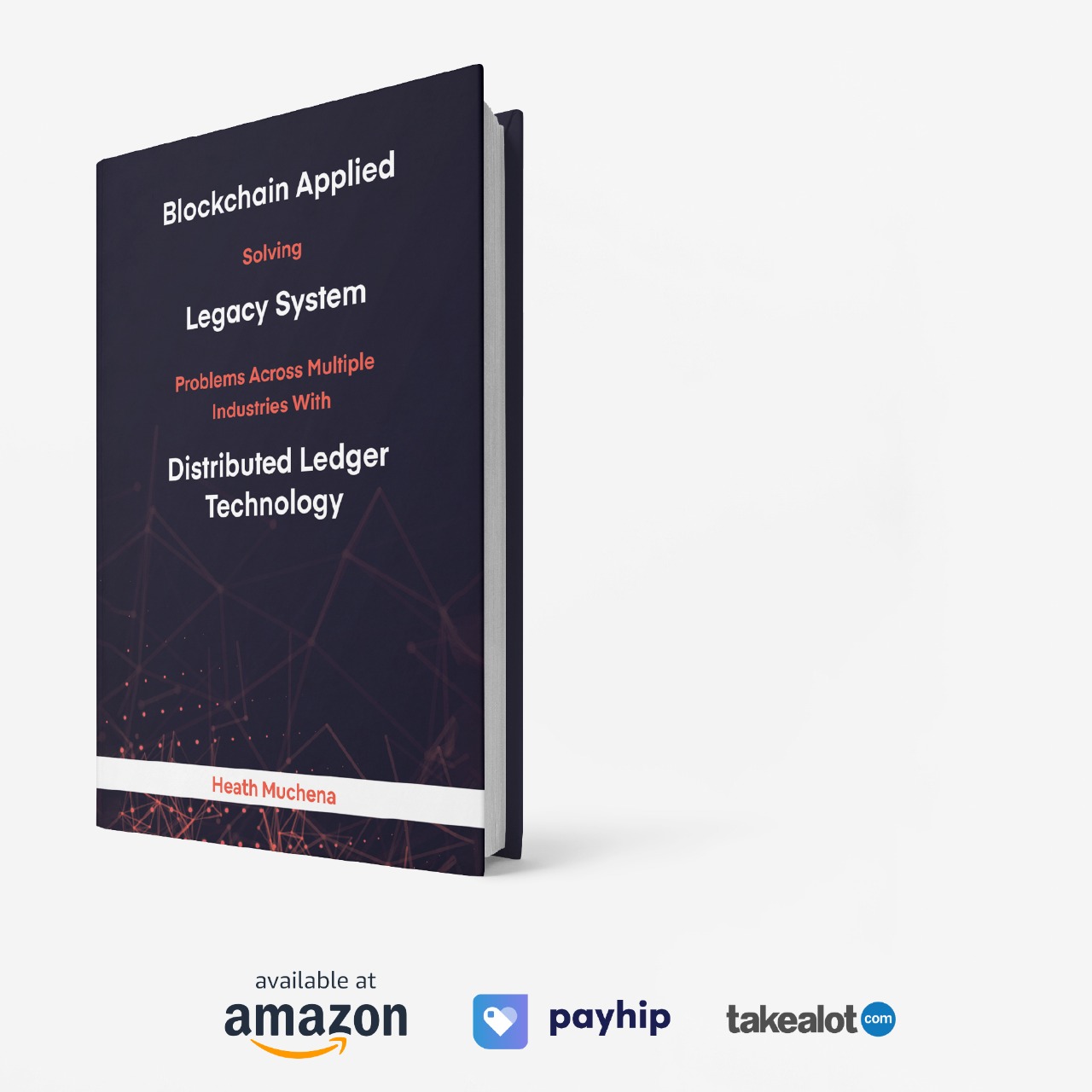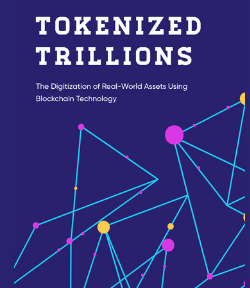
Peer-to-peer Marketing: Why Your Brand Will Not Survive Without It
Peer-to-peer Marketing Explained.
Business is Social!
“If you want to go fast, go alone. If you want to go far, go with others.” – African proverb.
In a digitally connected world, positive customer opinions and recommendations can tilt scales in the favor of a particular project, product or service and consequently increase participation, adoption, uptake or sales. More often than not, when recommendation or peer-to-peer marketing isn’t prioritised, and companies ignore what can clearly swing brand perception or sentiment, the result can be catastrophic for the project or business.
Many customers today give more attention to, and often trust the opinions of those who may have had some experience dealing with a product or service that they are thinking of trying out.
The facts speak for themselves:
- According to B2C, 82% of consumers proactively seek referrals from peers before making a purchase.
- A consumer survey found that 86% of consumers read an average of 10 reviews for a local business (91% of 18 -35 year olds) before making a decision.
- 92% of consumers around the world say they trust recommendations from friends and family, according to Nielsen. Now compare that astounding figure with the only 3% of people who consider sales people and marketers trustworthy according to a Hubspot study. It makes sense to focus more on p2p marketing than other forms of social marketing, does it not?
Now think about this…
According to The Viral Agency, the average consumer in the US for instance, mentions specific brand names 60 times per week in conversations on and offline. Another noteworthy insight is that about 66% of all brand related recommendation conversations are positive and about 8% are negative.
This means that if you can get more people talking about your project, brand, product or service – as long as you have a good quality offering and great customer support – you can grow your business customer base exponentially through peer-to-peer advertising.
Let’s take a step back…
What is Peer-to-Peer (P2P) Marketing & Advertising?
“The average small business gets 60% of its customers from referrals.” – Kissmetrics
P2P marketing is a promotional technique where brands directly or indirectly encourage customers to recommend their brand, product or service to other people in their social network. In such instances, customers then act as advocates for the brand and its service or product offering.
Successful p2p marketing campaigns prove that buying decisions are driven more by recommendations than by price. According to a report by Heinz Marketing, companies with formalized referral marketing programs saw 86% more revenue growth when compared to those that didn’t.
Even companies that don’t have a dedicated p2p marketing program in place still benefit from customer evangelism. However, those who benefit the most are the firms that understand that fostering a recommendation marketing culture and focusing more on p2p marketing are some of the key drivers essential for sales and user acquisition success.
Referral & Affiliate Programs
Both are important marketing strategies. A major factor that cannot be overlooked is that businesses should ensure they have attractive affiliate/referral programs to complement their offerings and incentivise people to share their experiences when engaging the product or service. The key difference between affiliate and referral marketing is that the former focuses on third-party brand advocates driving customers to your business for a flat fee, while the latter focuses on rewarding your existing customers when they invite others in their social networks to try out a product or service.
Case Study: Turning digital asset buyers & sellers into brand evangelists
A sector that seems to understand this concept is the digital asset industry wherein you find some of the most successful projects typically being those that offer great referral incentives. Some great examples are p2p digital asset exchange platforms such:
- Remitano – you get 40% commission immediately when your friends sign up and buy coins through your referral link. Additionally, when your friends refer others to trade on Remitano, you will earn another 10% commission.
- Vertex.Market – one of the main benefits of Vertex referral system is that they also use a 2-level system where the referrals of your referrals will also benefit you. Up to 75% of fees go to you. Rewards are based on the amount of money your referrals are using on their transactions.
- Local.Bitcoin.com – if you invite your friends to buy and sell Bitcoin Cash on Local.Bitcoin.com and they sign up using your unique link, you will earn 20% of fees incurred when they trade throughout the lifetime of their account.
Now consider the 66% of buyers who report that consistent and relevant communications are a key factor in their buying decisions, according to HubSpot.
Ask yourself: what if you managed to get people talking about your brand, product or service and the incentives you offer consistently and the key messages were being delivered by sources that they trust i.e. peers – how effective would your marketing be then?
The importance of communicating business value proposition via proper information distribution sources
There are three key motivations that make people susceptible to social influence: 1) the need to be accurate, 2) the need to be affiliated, 3) the need to maintain a positive self-concept.
How most people access information today

Influencer marketing was rated as the fastest-growing customer acquisition channel in a survey of 125 online marketers according to Tomoson. In another study by the Word of Mouth Marketing Association (WOMMA), 79% of brands see the need to increase their investment in online recommendation marketing. They also report that referral marketing impressions are reported to drive sales 5x greater than the equivalent number of paid impressions, and this discrepancy widens for high-consideration purchases. Due to the high ROI of p2p marketing, 73% of enterprise companies have a dedicated budget for influencer marketing according to Forrester.
Why P2P Marketing via Social Media?
According to Nielsen, 65% of social media users indicate using social networks to learn about brands, products, and services. And when it comes to recommendation or p2p marketing online, 55% of shoppers choose to share news about online purchases via Facebook, 22% via Twitter, 14% via Pinterest, and 5% via Instagram, according to Fedelta.
Other research from sources such as Market Force suggests that over 80% of consumers report social posts from their friends and peers directly influence their purchasing decisions. It’s quite evident that having a p2p marketing team or working with peer-to-peer marketing experts can be the difference between success and failure to onboard users, grow a customer base or increase revenue and profit.
According to Alida, 43% of social media users report having purchased a product after sharing or favoriting it on Facebook, Twitter, or Pinterest and 40% of consumers say they’ve purchased a product after seeing it used by an influencer on YouTube, Instagram, or Twitter, according to Annalect.
Conclusion
Brand loyalty overcomes any rational-based or price-based decision-making, and
powerful emotional drivers tend to almost always override incentives. It is thus important for businesses to know that peer-to-peer endorsements are the most effective way for their customers to help other people make informed purchasing decisions through sharing personal experiences.
Peer referrals break through the noise in a way that paid media and other marketing channels just can’t. According to MarketShare, recommendation marketing has been shown to increase marketing effectiveness by as much as 54%. According to Extole, referred customers are 400% more likely to refer customers to your brand than non-referred customers.
Where to begin?
Not investing in p2p marketing means that your project, brand, or business has no human interaction marketing elements that can yield the fruits of peer brand endorsements. It is therefore imperative for any business looking to scale in today’s world, to adapt to a new dawn – one that is heavily dependent on social marketing for product or service offerings to reach their full scaling potential and businesses to grow in meaningful ways.
Invest time and resources in devising not only a great customer referral program, reward and loyalty discount offerings, but more important, an effective p2p marketing strategy that is actionable and measurable. You can do that by making niche influencer marketing part of your marketing mix in-house or hire a team or p2p marketing specialists to help you realise your growth goals!






